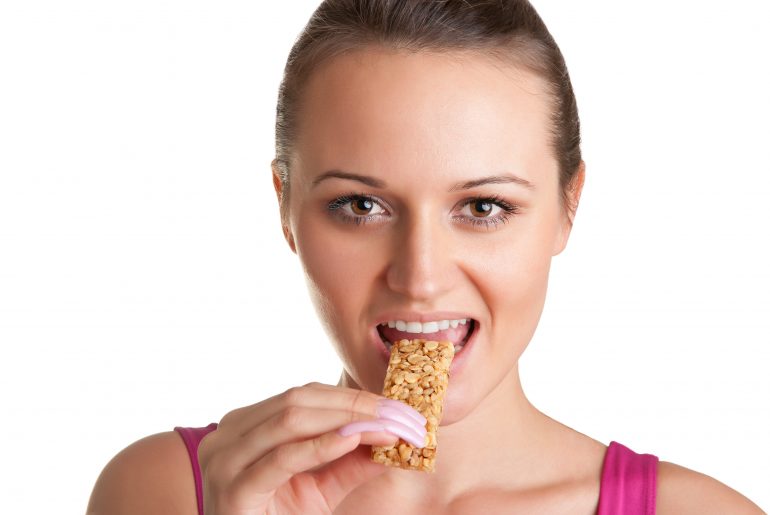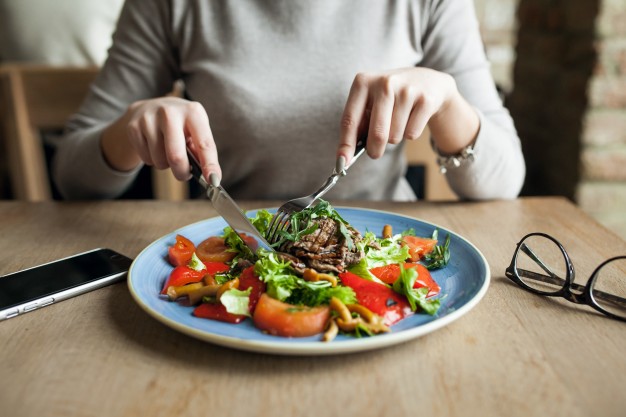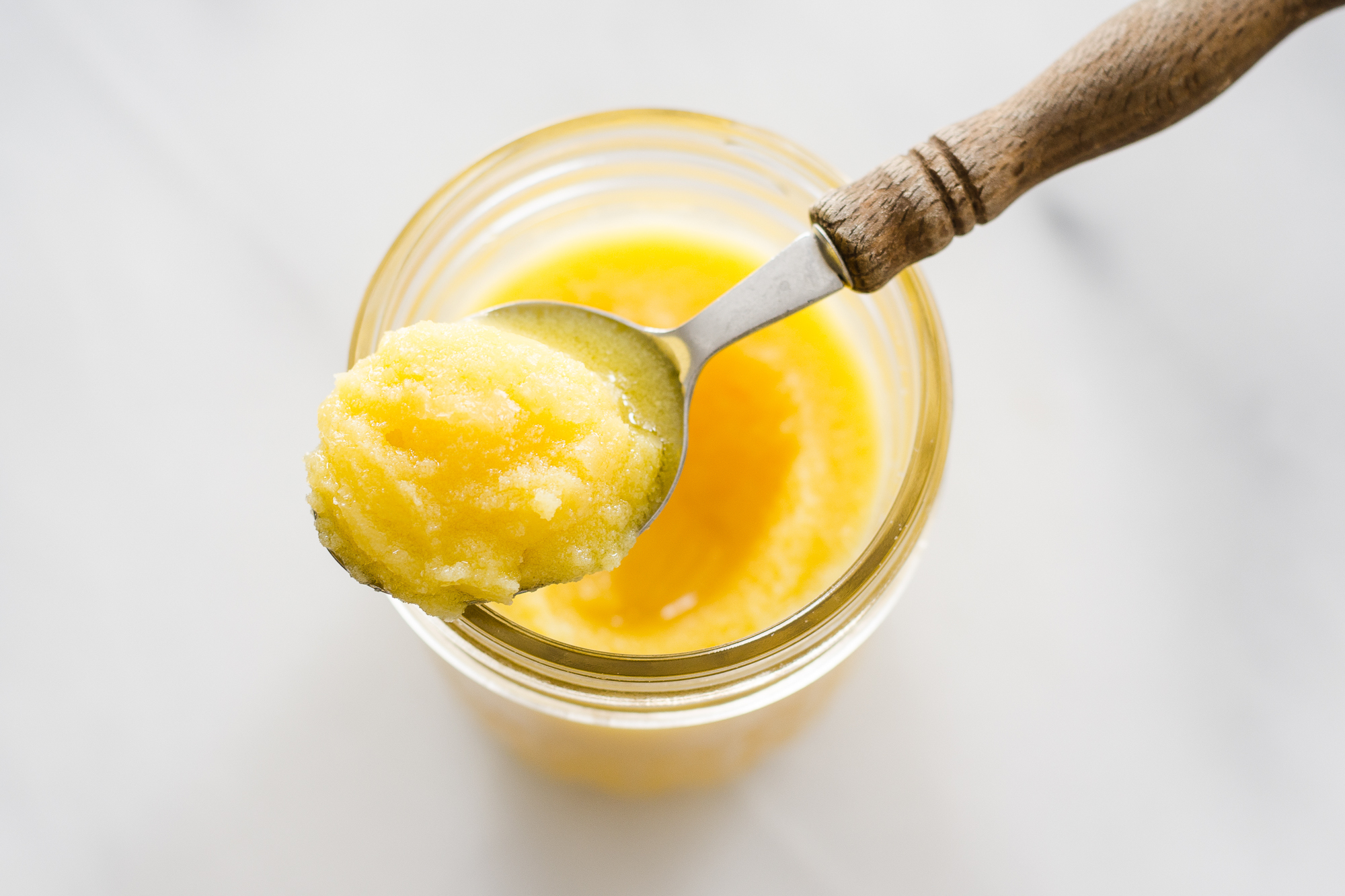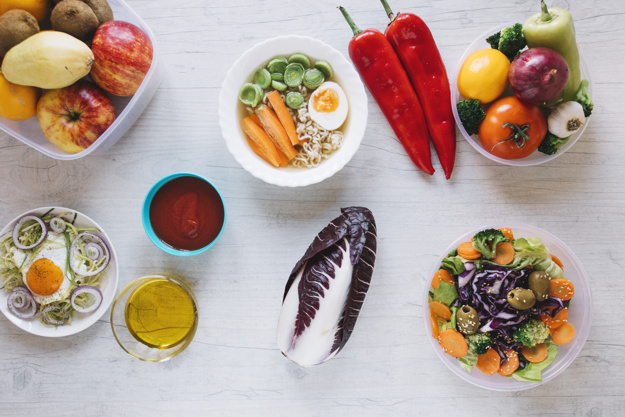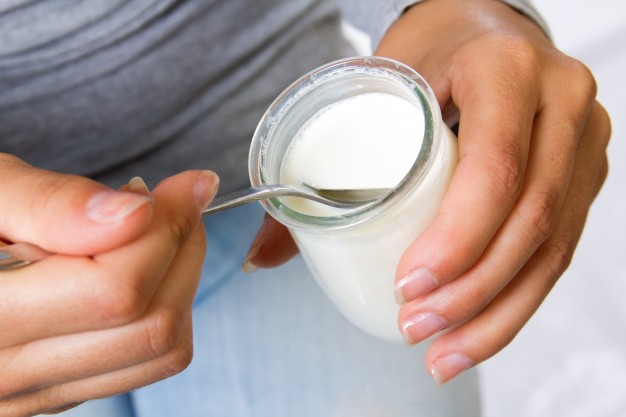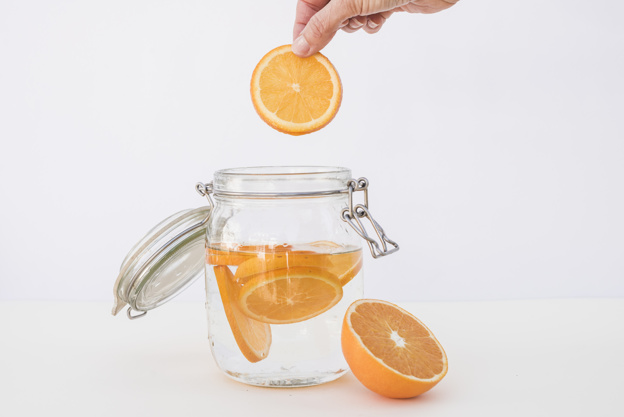It seems harmless enough and does its best to tell you how healthy it is. But if I were you, I’d be suspicious of the average snack bar. I am referring to the granola bars, protein bars, health bars or fruit bars. Even The New York Times said in a recent article that they can be as calorific as dessert.
What started off as an innocuous effort to add more fibre and nuts to i your daily diet has now become a multibillion dollar industry, where the last thing you’re getting is health. To understand how healthy your snack bar is, read the nutritional label: you’d be surprised. To me, an ideal snack bar should be brimming with the goodness of nuts, seeds and nuts, seeds and healthy ingredients that are not so fat and calorie-dense. Have you thought of making your own?
Add more seeds: Pumpkin seeds, chia seeds, flaxseeds, watermelon seeds, sunflower seeds experiment with the abundance of this fundamental snack bar ingredient. Apart from containing good fats, seeds are fantastic sources of fibre, protein, minerals like zinc and vitamins like Vitamin E. They add a fabulous texture and taste that you will feel in every bite.
Reduce the nuts: Ensure that the seeds to nuts ratio leans more heavily in favour of seeds. Nuts like almonds, cashew, walnuts and macadamia, while healthy, are calorie-dense and need to be used sparingly. A tiny handful per bar should suffice, and abstain from high-fat nuts like cashews.
Puffs: For added texture and bene fits, you could also try quinoa puffs, rice puffs, wheat puffs and other similar foods.
Dates to bind: Commerciallly made snack bars use caramelised sugar or syrups for binding, but it’s better not to use sugar because it will completely negate the good work. How about exploiting the sticky and gooey texture of dates or figs? It’s flavourful and natural.
Season: Go creative with seasoning like sea salt or even sprinkles of paprika if you really like it tangy. At the end of the day, it’s your bar.

